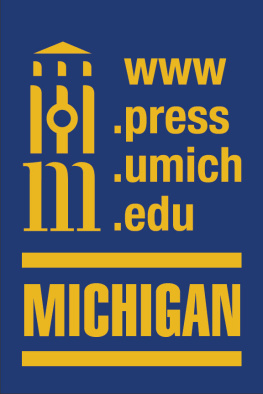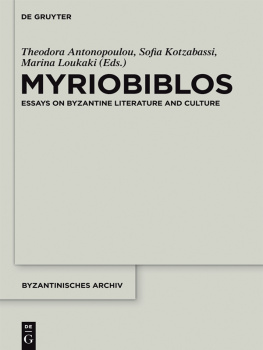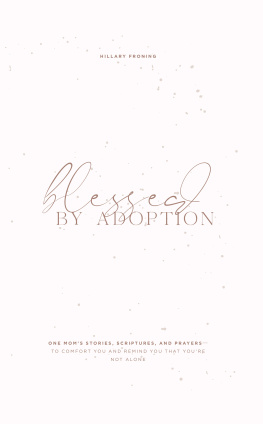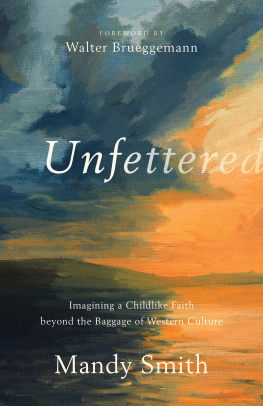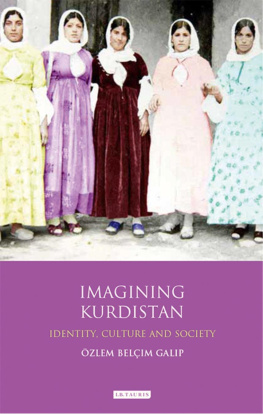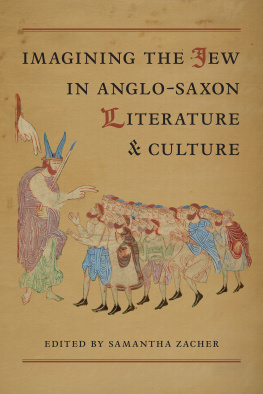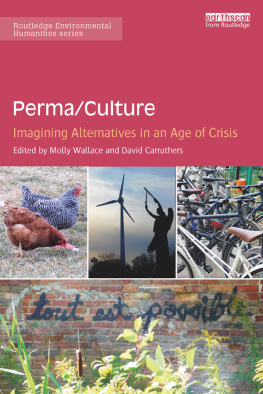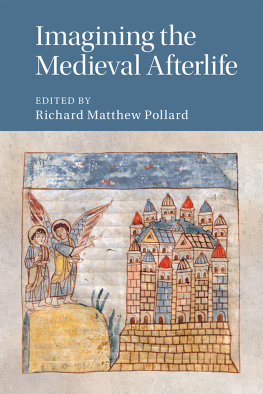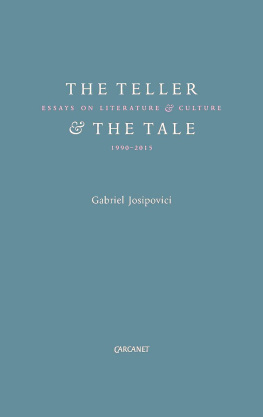Novy - Imagining Adoption: Essays on Literature and Culture
Here you can read online Novy - Imagining Adoption: Essays on Literature and Culture full text of the book (entire story) in english for free. Download pdf and epub, get meaning, cover and reviews about this ebook. publisher: University of Michigan Press, genre: Home and family. Description of the work, (preface) as well as reviews are available. Best literature library LitArk.com created for fans of good reading and offers a wide selection of genres:
Romance novel
Science fiction
Adventure
Detective
Science
History
Home and family
Prose
Art
Politics
Computer
Non-fiction
Religion
Business
Children
Humor
Choose a favorite category and find really read worthwhile books. Enjoy immersion in the world of imagination, feel the emotions of the characters or learn something new for yourself, make an fascinating discovery.
- Book:Imagining Adoption: Essays on Literature and Culture
- Author:
- Publisher:University of Michigan Press
- Genre:
- Rating:4 / 5
- Favourites:Add to favourites
- Your mark:
- 80
- 1
- 2
- 3
- 4
- 5
Imagining Adoption: Essays on Literature and Culture: summary, description and annotation
We offer to read an annotation, description, summary or preface (depends on what the author of the book "Imagining Adoption: Essays on Literature and Culture" wrote himself). If you haven't found the necessary information about the book — write in the comments, we will try to find it.
Novy: author's other books
Who wrote Imagining Adoption: Essays on Literature and Culture? Find out the surname, the name of the author of the book and a list of all author's works by series.
Imagining Adoption: Essays on Literature and Culture — read online for free the complete book (whole text) full work
Below is the text of the book, divided by pages. System saving the place of the last page read, allows you to conveniently read the book "Imagining Adoption: Essays on Literature and Culture" online for free, without having to search again every time where you left off. Put a bookmark, and you can go to the page where you finished reading at any time.
Font size:
Interval:
Bookmark:

First paperback edition 2004
Copyright by the University of Michigan 2001
All rights reserved
Published in the United States of America by
The University of Michigan Press
Manufactured in the United States of America Printed on acid-free paper
Printed on acid-free paper
2007 2006 2005 2004 5 4 3 2
No part of this publication may be reproduced, stored in a retrieval system, or transmitted in any form or by any means, electronic, mechanical, or otherwise, without the written permission of the publisher.
A CIP catalog record for this book is available from the British Library.
Library of Congress Cataloging-in-Publication Data applied for
ISBN 0-472-11181-7 (cloth : alk. paper)
ISBN 0-472-03002-7 (pbk : alk. paper)
ISBN13 978-0-472-03002-6 (paper)
ISBN13 978-0-472-02494-0 (electronic)
Although the contributors to this book vary greatly in their relationship to the adoptee search movement, this book would never have happened without that movement. Before discussing adoption in literature and culture could become a collective enterprise, adoption itself had to enter into public discussion. Two of the people who contributed most to that discussion, in both their books and their activism, are Jean Paton and Betty Jean Lifton. They both also took the time to give me individual advice in my search for birth parents, as I broke my own silence about adoption. Years later, Jean Paton made available to me the resources of her Museum of Orphanhoodher collection of books about adoptees and orphans, then in Colorado. More recently, Betty Jean Lifton read and commented on an earlier version of the introduction to this volume. Penny Partridge and Katie Lee Crane welcomed me to the 1993 American Adoption Congress meeting, my first, and shared their own writings and literary interests. Other adoptee activists who encouraged me and shared information, literary and otherwise, are Amy Jane Cheney, Janine Baer, William Gage (who maintains an online bibliography on adoption), Anne Steytler, and Jean Vincent (who has kept Pittsburgh Adoption Lifeline going for more than twenty years). Two other friends who helped by sharing memories of their own experiences with adoptive and foster families are Suzanne Polen and Jim Simmonds.
At the Modern Language Association Convention in Toronto, also in 1993, I met, for the first time, other literary academics interested in writing about adoption: Margot Backus, Jill Roberts (now Jill Deans), Eric Goodheart, Tanya Gardiner-Scott, and Giavanna Munafo. The support of Margot and Jill, especially, has been very important in the development of this volume. I came into contact with them, and with most of my contributors, because the MLA published in its newsletter my calls for papers on adoption in literature. The MLA also sponsored events that contributed to the essays here by Garry Leonard and Nancy Gish. I would like to thank the Three Rivers Adoption Council for the use of their library; Elizabeth Bartholet for sending me her book and other information; Wayne Carp, Judith Modell, and Maureen Molloy for copies of their articles; Meredith Skura and Heather Dubrow for their encouragement and letters (and Heather for a prepublication copy of her book chapter); Tess O'Toole for her comments on my introduction; and Carol Singley, founding cochair with me of the Alliance for the Study of Adoption, Identity, and Kinship, for much advice and help. Judith introduced me to LeAnn Fields, whose editorial support and advice have been crucial.
Acknowledgments are also due to Fred Small, Jackie Kay, and Sandra McPherson for permission to reprint their lyrics, interview, and poetry; to Nineteenth-Century Literature for permission to reprint Tess O'Toole's essay; and to the Center for Instructional Design and Distance Education of the University of Pittsburgh for help with photography.
Last, I would like to thank my husband and daughter, David and Liz Carrier, for their support in this project, and my two mothers, Dorothy Kern (190488) and Geraldine Govier, for their love.
Imagining Adoption
Marianne Novy
In one of the most famous works of literature dealing with adoption, Oedipus remembers a strange event of his youth: At a feast, a drunken man maundering in his cups / Cries out that I am not my father's son. As the adoptee and poet Jackie Kay says, interviewed by Nancy Gish in this anthology, It is different to grow up knowing that your mother is not actually your mother, and that your father is not actually your father, but nonetheless they are your mother and father.
Is an adoptive parent a real parent? If so, is a biological parent who does not nurture after birth really a parent? How does the biological mother's experience of pregnancy and birthenforced nurturancemake her situation different from that of the biological father? Adoption makes ambiguous the definition of parenthood and of such other important terms as family; kinship, and identity; as well as father and mother.
Many well-known works of literature have plots that turn on the definition of parenthood. After discovering birth parents, Oedipus thinks of them as his parents, and, less tragically, so does Perdita in Shakespeare's Winters Tale.
These stories are myths because of the way they act as paradigms (though they conflict) to shape feelings, thoughts, language, and even laws about adoption. In the two versions of the search story, the birth parents are clearly the real parents. In the happy adoption story, the birth parents may exist in memory, but no matter how important this memory is, as in Oliver Twist, it does not constitute a living complication to the reconstructed family. All three myths assume that a child has, in effect, only one set of parents. To many readers, this will seem like an inevitable axiom. But for othersincluding many adopteesit is not necessarily so obvious.
Although these are the dominant paradigms through which our culture has traditionally tried to imagine adoption, much literature complicates them considerably, as essays in this book will show. Even the works I mention have more dimensions to their analyses of adoption. Some of the literature and media representations discussed in this anthology follow these dominant plots; others, however, look at them obliquely, examine their cost, follow their characters after their supposed end, or play off against readers' expectations, explicitly dramatizing deviation from them. One of the purposes of the book, indeed, is to emphasize how much variety is possible in ways of imagining adoption, even though many of the same conflicts recur in different contexts.
Why has adoption figured so importantly in literature? First, as I have been suggesting, adoption plots dramatize cultural tensions about definitions of family and the importance of heredity. Questions about whether adoptees need knowledge of their ancestry, about whether it is healthy or possible for a birth mother to put the memory of a relinquished child behind her and what her privacy rights are, and about whether birth or nurture is more important in cases of disputed custody, all now being debated in legislative sessions and in courts, are also at issue in such novels as Silas Marner, Great Expectations, and Bleak House.
Furthermore, representing adoption is a way of thinking about the family, exploring what a family is, that is at the same time a way of thinking about the self, exploring distance from the family. While both of the happy-ending stories celebrate the family, that celebration is ambivalent. As Freud discussed in his theory of the family romance, for most peoplenonadopted peoplethe fantasy of discovering that they were adopted and can be reunited with a different family elsewhere is a way of dealing with negative feelings about their parents. The same could be said, even more emphatically, about the fantasy of being an orphan who is then happily adopted. And the more interesting the outsider in literature that follows the disastrous adoption plot, the more that plot too deals with ambivalence about the familyas in
Font size:
Interval:
Bookmark:
Similar books «Imagining Adoption: Essays on Literature and Culture»
Look at similar books to Imagining Adoption: Essays on Literature and Culture. We have selected literature similar in name and meaning in the hope of providing readers with more options to find new, interesting, not yet read works.
Discussion, reviews of the book Imagining Adoption: Essays on Literature and Culture and just readers' own opinions. Leave your comments, write what you think about the work, its meaning or the main characters. Specify what exactly you liked and what you didn't like, and why you think so.

